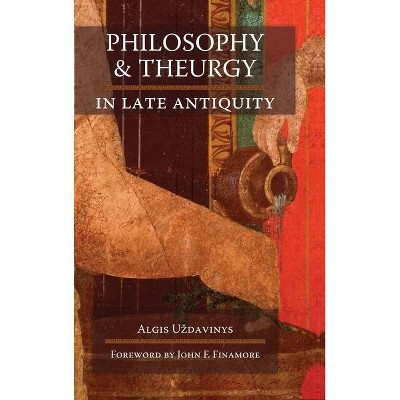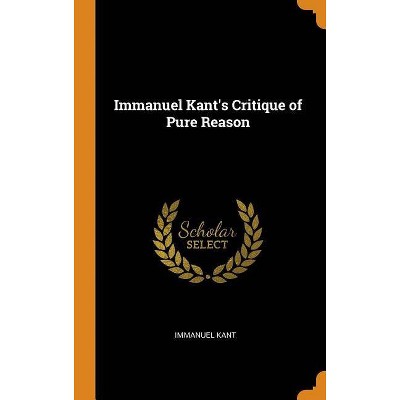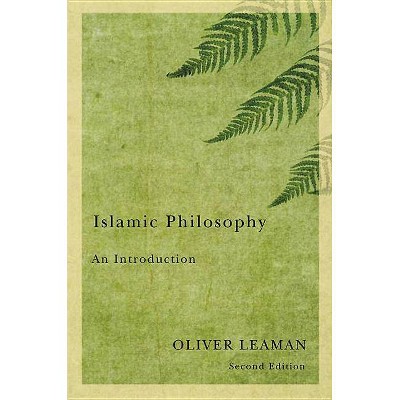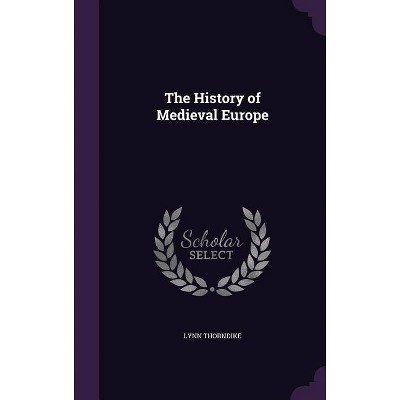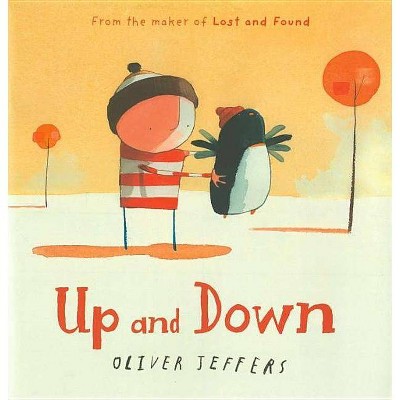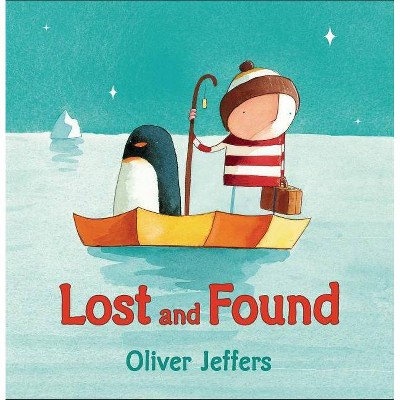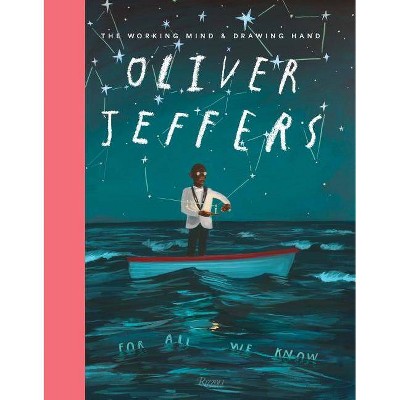Kant's Transition Project and Late Philosophy - by Oliver Thorndike (Hardcover)
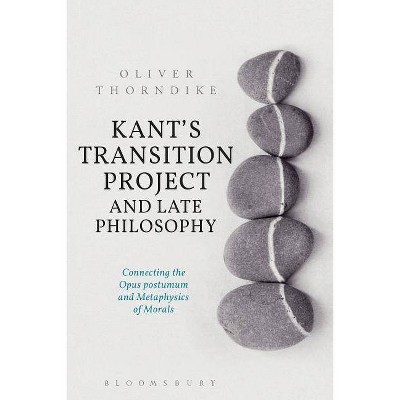
Similar Products
Products of same category from the store
AllProduct info
<p/><br></br><p><b> Book Synopsis </b></p></br></br><i>Kant's Transition Project and Late Philosophy</i> is the first study to provide a close reading of the connection between texts written by Kant during 1796 and 1798. Connecting Kant's unfinished book project, the<i> Opus postumum, </i>with the <i>Metaphysics of Morals</i>, it identifies and clarifies issues at the forefront of Kant's focus towards the end of his life. <br/> <br/> Labelled by Kant as the "Transition Project+?, the <i>Opus postumum</i> generates debate among commentators as to why Kant describes the project as filling a "gap+? within his system of critical philosophy. This study argues for a pervasive transition project that can be traced through Kant's entire critical philosophy and is the key to addressing current debates in the scholarship.<br/> <br/> By showing that there is not only a Transition Project in Kant's theoretical philosophy but also a Transition Project in his practical philosophy, it reveals why an accurate assessment of Kant's critical philosophy requires a new understanding of the<i> Opus postumum </i>and Kant's parallel late writings on practical philosophy. Rather than seeing Kant's late thoughts on a Transition as afterthoughts, they must be seen at the centre of his critical philosophy.<p/><br></br><p><b> Review Quotes </b></p></br></br><br>All good philosophy begins in wonder -and so does Thorndike's insightful new book. Its thesis is simple: the dualisms at the heart of Kant's critical philosophy make the problem of finding a lawful connection between the formal (rational, a priori) structures and their material (empirical, a posteriori) manifestation utterly pervasive. Setting up a system of mirrors that reflects how the "Transition Project+? shapes the development of Kant's late theoretical and practical philosophy alike, Thorndike invites us to wonder how we could have ignored what was confronting us all along. It is a major accomplishment in a field saturated by titles to make an old problem newborn.<br><br>Thorndike's work demonstrates compellingly the continuity and coherence of Kant's ambitions for the transcendental philosophy across the entire critical period all the way through the <i>Opus postumum</i> and the <i>Metaphysics of Morals</i> of his later years. From the outset, Kant set himself the object of developing a metaphysical foundation for the law-governed systematicity of actual experience in nature and in moral choice. The "Transition Project+? was no new impulse in Kant but the last great effort of the philosopher, in natural philosophy and also in ethical theory, to bring his system to closure.<br><p/><br></br><p><b> About the Author </b></p></br></br><b>Oliver Thorndike</b> is Lecturer of Philosophy at Loyola University, Maryland, USA.
Price History
Price Archive shows prices from various stores, lets you see history and find the cheapest. There is no actual sale on the website. For all support, inquiry and suggestion messagescommunication@pricearchive.us
